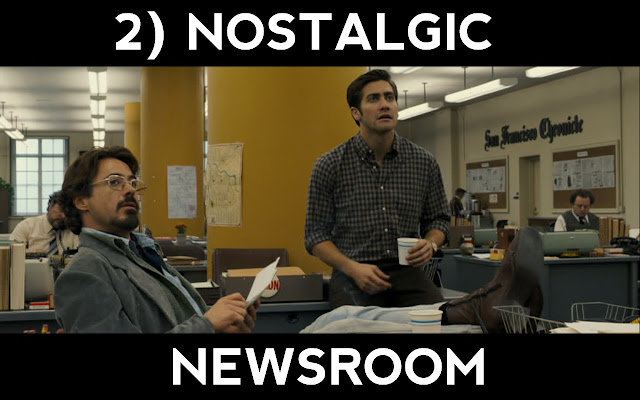Three Reasons are a series of posts about films I love and the three reasons why I love them. Inspired by the Criterion Collection's own video series. I hope you check out the films in these series. If you are a lover of film, these are not to be missed!
Directed by Juzo Itami
In this humorous paean to the joys of food, the main story is about trucker Goro who rides into town like a modern Shane to help Tampopo set up the perfect fast-food noodle restaurant. Woven into this main story are a number of smaller stories about the importance of food. (Synopsis from IMDB.com)
Tampopo opens with a funny address to the audience warning us not to crumple our crisp packets while watching the movie. Food and film are meant to be given the concentration they deserve. A lovely message, they should play this clip at the beginning of every movie. I personally try not to indulge in food while watching a movie but a word of warning for this film: make sure you are within the vicinity of a ramen restaurant after seeing this. You will crave for it like nothing else. Trust me.
The majority of the film is spent in some kind of a restaurant and the scenes range from the hilariously comedic to being akin to a Western movie.
One of the final sequences is a taste test that rivals an episode of Masterchef in terms of suspense.
What are your reasons?
In this humorous paean to the joys of food, the main story is about trucker Goro who rides into town like a modern Shane to help Tampopo set up the perfect fast-food noodle restaurant. Woven into this main story are a number of smaller stories about the importance of food. (Synopsis from IMDB.com)
Tampopo opens with a funny address to the audience warning us not to crumple our crisp packets while watching the movie. Food and film are meant to be given the concentration they deserve. A lovely message, they should play this clip at the beginning of every movie. I personally try not to indulge in food while watching a movie but a word of warning for this film: make sure you are within the vicinity of a ramen restaurant after seeing this. You will crave for it like nothing else. Trust me.
The majority of the film is spent in some kind of a restaurant and the scenes range from the hilariously comedic to being akin to a Western movie.
One of the final sequences is a taste test that rivals an episode of Masterchef in terms of suspense.
What are your reasons?
























